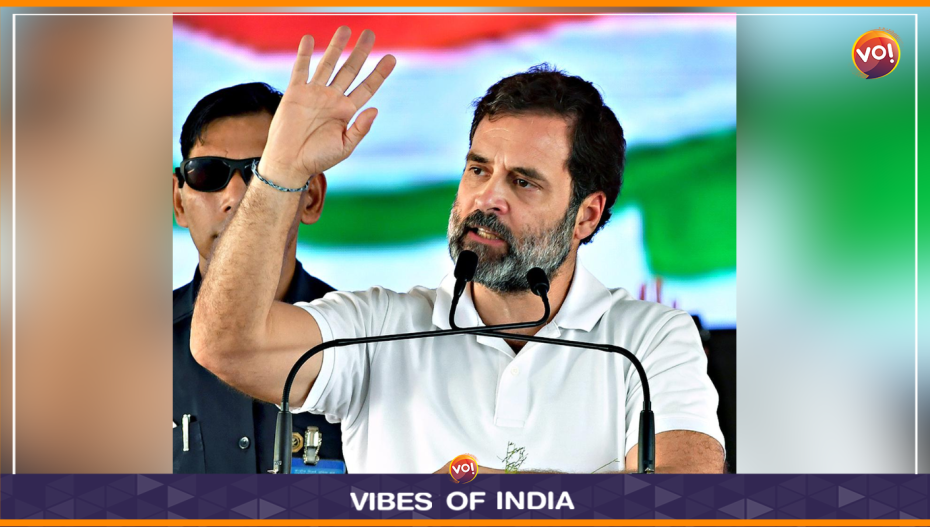“Defamation is competing with sedition as the most popular offence.”
This telling line from an editorial in a Kolkata-based daily may not be stripped of deep meaning. Those who follow Indian politics closely may have already sensed that we are alluding to Rahul Gandhi, who awaits his fate after being convicted of defamation for his supposedly ill-advised remark: “Why do all thieves have Modi in their names?”
According to the court, he made the statement to influence election results. But there’s a school of thought which believes that such a conviction limits freedom of political speech. Defamation requires that harm must be done to the person defamed.
Be that as it may, BJP leader and former Gujarat minister Purnesh Modi is pressing the case strongly as ever, insisting it’s punishable under section 500 IPC, which is an offence registered for depravity and defamation.
The High Court had dismissed Gandhi’s petition for a stay on conviction, observing that purity in politics was the need of the hour.
Making pointed observations, Purnesh Modi has suggested that Gandhi showed no remorse before the court. In his statement, Modi said that Gandhi’s behaviour “reveals arrogant entitlement, rank insensitivity to an offended community and contempt for the law”.
He added that Gandhi didn’t even demonstrate contrition for his “malicious defamation” of all persons with the Modi surname/Modi sub-caste in Gujarat. “The Petitioner presumably wanted to suggest that a Gandhi will never apologise even if he/ she has for no justifiable reason slandered an entire class of people,” he said.
Modi believes Gandhi spitefully and loosely used libellous words against a large and totally clean class of people who caused no harm to the Congress leader.
“It is a settled law that a stay of conviction is granted in the rarest of rare cases for exceptional reasons. The Petitioner’s (Rahul Gandhi) case manifestly does not fall in that category. Moreover, it is respectfully submitted that the order of conviction of the Petitioner by the Trial Court is unimpeachable on the evidence-on-record,” Modi said in his 21-page reply to the top court.
Another part of the statement reads, “The statement (Rahul Gandhi’s) was made out of personal hatred towards an elected Prime Minister of the country, and the extent of hatred was so great that the Petitioner was impelled to cast grossly defamatory aspersions on persons who incidentally bore the same surname as the Prime Minister. The offence for which the Petitioner has been convicted by the trial court is accordingly actuated by patent malice aforethought, and the Petitioner deserves no sympathy on the question of the sentence imposed.”
“It behoves the Petitioner to set high standards of political discourse in the country, and even if he wishes to use slanderous language against the Prime Minister in his belief that such discourse is belief justified, there is no reason for him to brand as thieves an entire class of people just because they bear the same surname as the Prime Minister,” he said.
The petitioner added that Gandhi would never apologise as he was not a Savarkar “but a Gandhi.”
On June 21, the top court ordered responses from Modi and the state government on Gandhi’s appeal. Subsequently, Gandhi, in his appeal on July 15, said that if the judgment was held, it would lead to inhibiting free speech and thought.
Earlier, sparing no digs at the Modi government, Gandhi had used strong words that the ruling party was threatening people and misusing the country’s agencies. During his 10-day visit to the United States, he called the PM a “specimen”. In a statement loaded with sarcasm, he said Modi could even explain to God how the universe worked.
Also Read: Rajasthan Govt Proposes Farmers’ Debt Relief Commission To Waive Farm Loans












